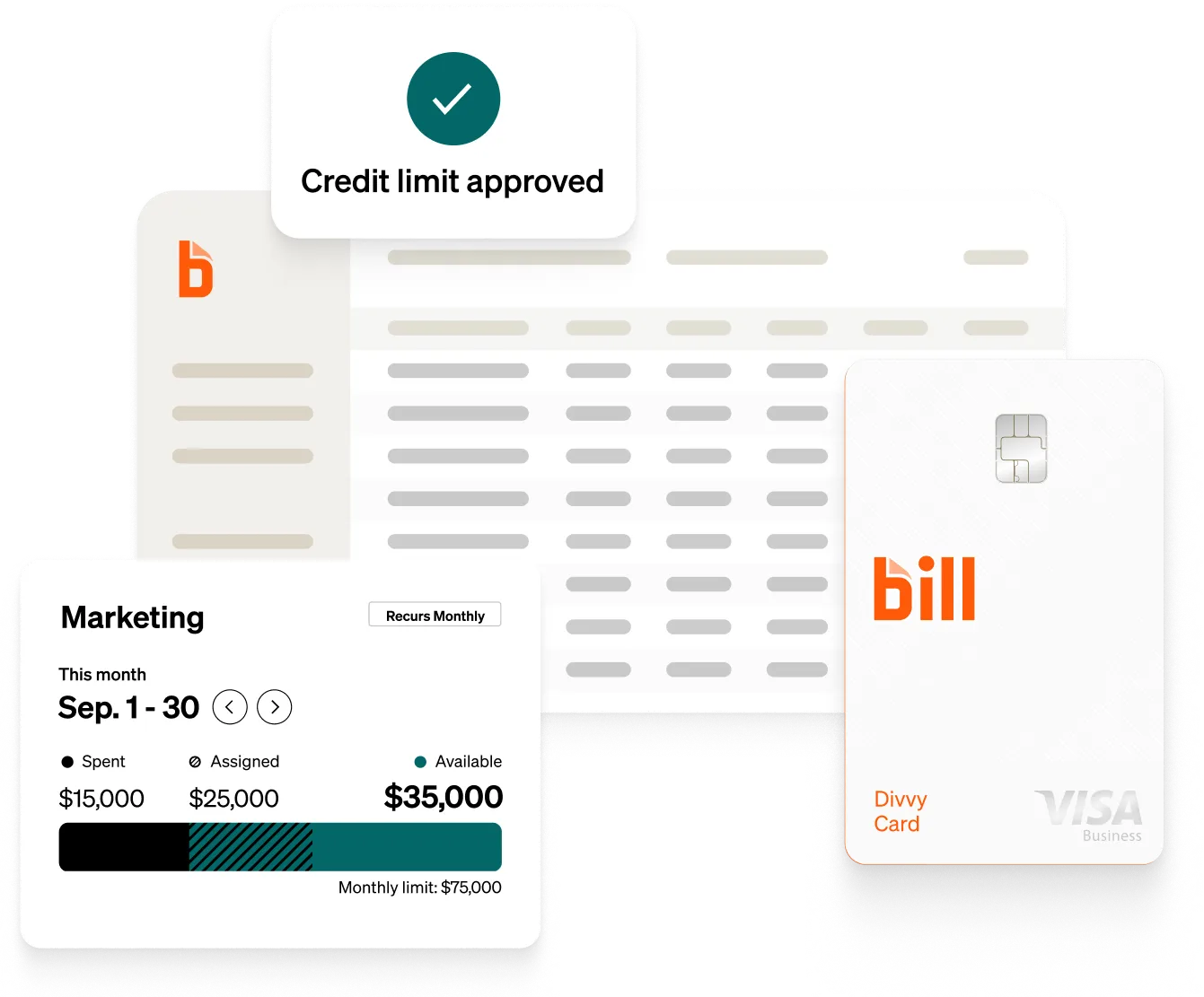Building your business is exciting, but it’s the day-to-day details that will keep it successful. Keeping meticulous records is key, and the best way to accomplish this is to move away from manual record keeping.
The best solution? Digital document storage.
Digitizing will help keep a thorough paper trail — an essential for the success of your small business.
What is a paper trail?
A paper trail consists of documents or financial records which detail an individual’s actions or decisions.
A paper trail can include invoices, receipts, contracts, emails, and other forms of documentation that provide evidence of an activity or transaction. A paper trail is often used to support legal or financial claims, and it can help individuals or organizations protect themselves in case of disputes or audits.
Why is it important to keep a paper trail?
Here are 4 reasons to keep a thorough paper trail:
1. Makes tax time easier
When it's time to file taxes or (gasp!) be audited, you learn very quickly that the IRS wants receipts. You need to justify the many deductions you're likely to take as a small business owner. While paper records are great as a backup, you should always have your receipts scanned and saved to make them easier to access when needed. Also, be sure to write notes on each receipt, so you're clear on what they covered. If you had a business lunch, be sure to log the client, the restaurant, and what was discussed. The more detailed you are in logging your expenses, the less concern you will have when filing or (gasp!) sitting with an auditor.
Stay prepared for tax season all year long and make sure you are keeping all the right documents with our tax prep checklist for businesses.
2. Tracking payroll is simpler
It’s the 21st century, there is no reason for businesses to rely on punch cards or paper timesheets to track employee hours. Timesheets and punch cards can be lost, altered, or damaged. Automating your time-tracking is much more efficient and will directly make payroll easier. By integrating your payroll tracking software with your accounting software, your payroll process becomes seamless. You can easily check records as well as make it easier to import payroll information during tax season.
3. Client interactions are smoother
Invoicing is a major issue for businesses of all sizes, but can be an absolute nightmare for small businesses. Cash flow can make or break a business, and being able to easily track client payments is a must. Implementing automation for your accounts receivable process will simplify your life. You’ll have insight into who has paid their bill in full and who hasn't, you’ll know the services you've provided for them, and, if it's a recurring service, you can track when their next payment is due. Detailed client records mean you can answer any questions they may have. If a problem arises, you can quickly pull up their past billings and show each service they paid for down to the hour.
4. Better track accounts payable
It's not just accounts receivable that benefits from meticulous record keeping. Staying on top of your accounts payable means you're up to date on the bills you owe. Qualifying for credit as a small business owner can be difficult, so paying your bills on time goes a long way in making that process easier. Keeping track of paper bills and manually logging payments is a sure-fire way to make a mistake, lose a bill, or forget to pay someone. Digitizing and automating the process means no more looking for bills or wondering if they've been paid. You’ll save money by not incurring late fees and increase your credit standing. Plus, you’ll improve the relationship with your vendors by being able to remind them about payments before they are due.
Create digital paper trails with BILL
Make sure your paper trail is audit ready. When you use BILL for accounts payable or accounts receivable, BILL can keep a paper trail for customers by generating and storing various types of documents and records, such as invoices, receipts, payment confirmations, contracts, and communication logs.
Be meticulous, keep a thorough paper trail, and ensure the success of your business.







